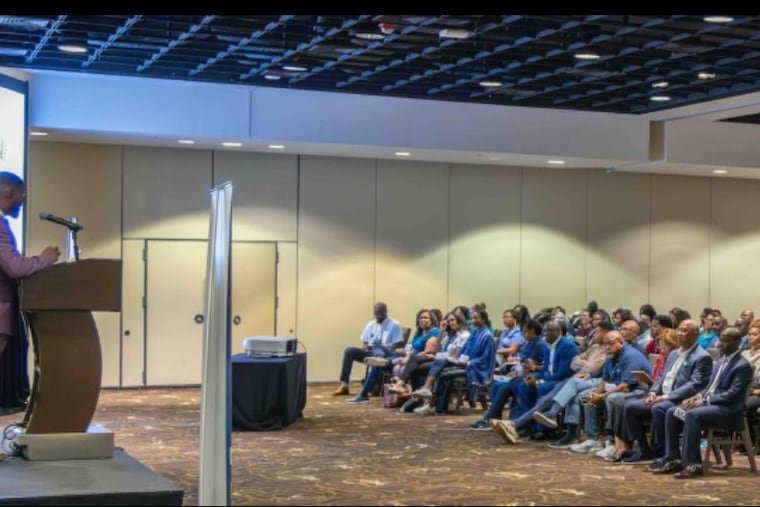Afghan Returnees Face Challenges and Losses Following Earthquake Devastation

Nawab Din, a 55-year-old farmer, returned to his home village of Wadir in Kunar province, Afghanistan, just four months ago after an eight-year refugee experience in Pakistan. His hopes of rebuilding his life were swiftly undermined when a devastating earthquake struck the region on August 31, resulting in the loss of his house and forcing him to live in a tent on his own farmland.
The earthquake, measuring 6.0 in magnitude, claimed approximately 2,200 lives and left over 5,000 homes in ruins, compounding an already critical economic situation. More than four million Afghans have since returned from neighboring countries such as Iran and Pakistan, as detailed by the International Organization for Migration (IOM). Din, speaking from a cousin’s shop in Noorgal, recounted the harrowing experience, stating, “Our homes were old, and none were left standing. They were all destroyed by big boulders falling from the mountain during the earthquake.”
His plight reflects a systematic challenge faced by many returnees. Before his return, Din had spent years in Daska, seeking better opportunities after fleeing his village in Afghanistan due to threats from ISIS. The Pakistani government’s crackdown on undocumented foreign nationals abruptly prompted his return to Afghanistan. After spending two nights at the Torkham border crossing awaiting registration by Afghan authorities, he came back to find devastation.
In close proximity, 58-year-old Sadat Khan also grapples with the aftermath of the earthquake. He returned to Afghanistan voluntarily due to health issues and an inability to support his family in Pakistan. “We don’t know where the next meal will come from. There is no work here,” he lamented, highlighting a lack of opportunity and resources to sustain his family, exacerbated by his ongoing health concerns.
Dr. Farida Safi, a nutritionist at a field hospital supported by Islamic Relief, emphasized the growing issue of malnutrition in the region, particularly among children. “Most of the people affected by the quake that come to us have food deficiency due to poor diets and lack of proper nutrition,” she stated.
Despite these tribulations, the local government is taking steps toward recovery. Kunar’s Governor, Mawlawi Qudratullah, announced plans for a new town comprising 382 residential plots aimed at providing permanent housing for Afghan returnees. Though the timeline for these developments remains unclear, the initiative signals a commitment to improving living conditions.
As Nawab Din waits anxiously for support amidst ongoing aftershocks, he finds himself on the precipice of uncertainty. “I don’t know if the government will relocate us or if they will help us rebuild,” he expressed, conveying a profound sense of vulnerability in the wake of nature’s devastation.
In conclusion, the challenges faced by returnees in Afghanistan underscore broader issues of displacement and resilience. While immediate needs are pressing, coordinated efforts may pave the way for lasting recovery in the region.
#MiddleEastNews #WorldNews






